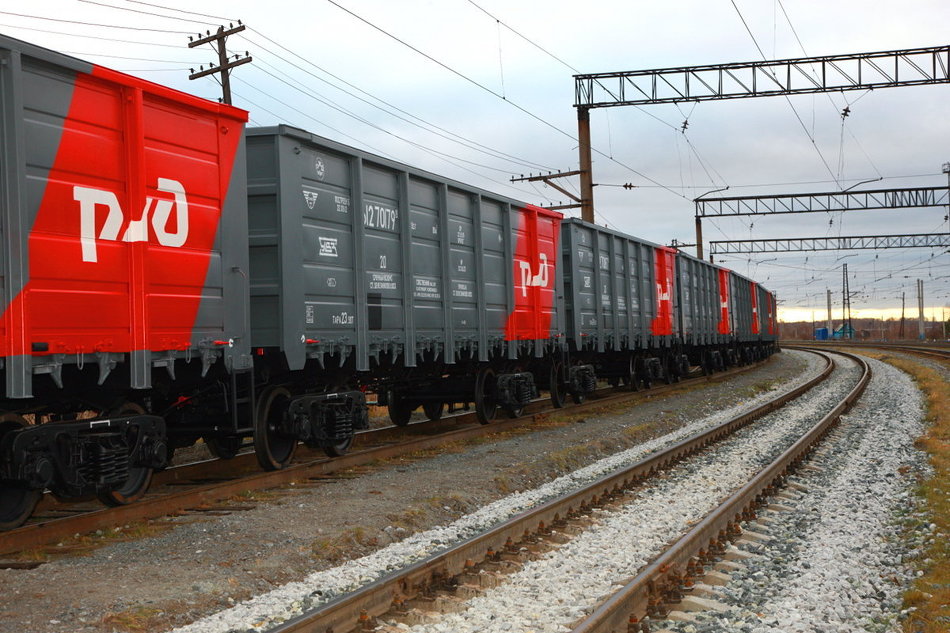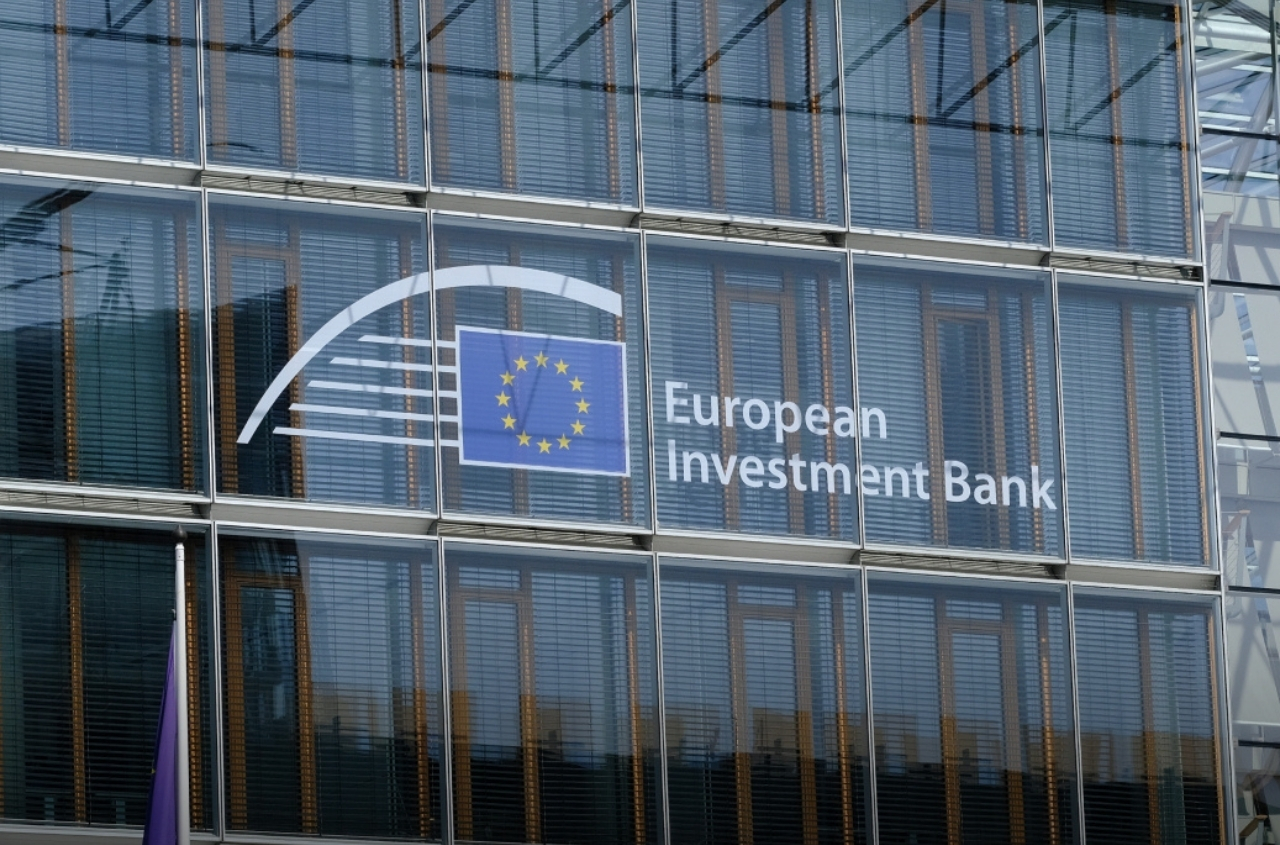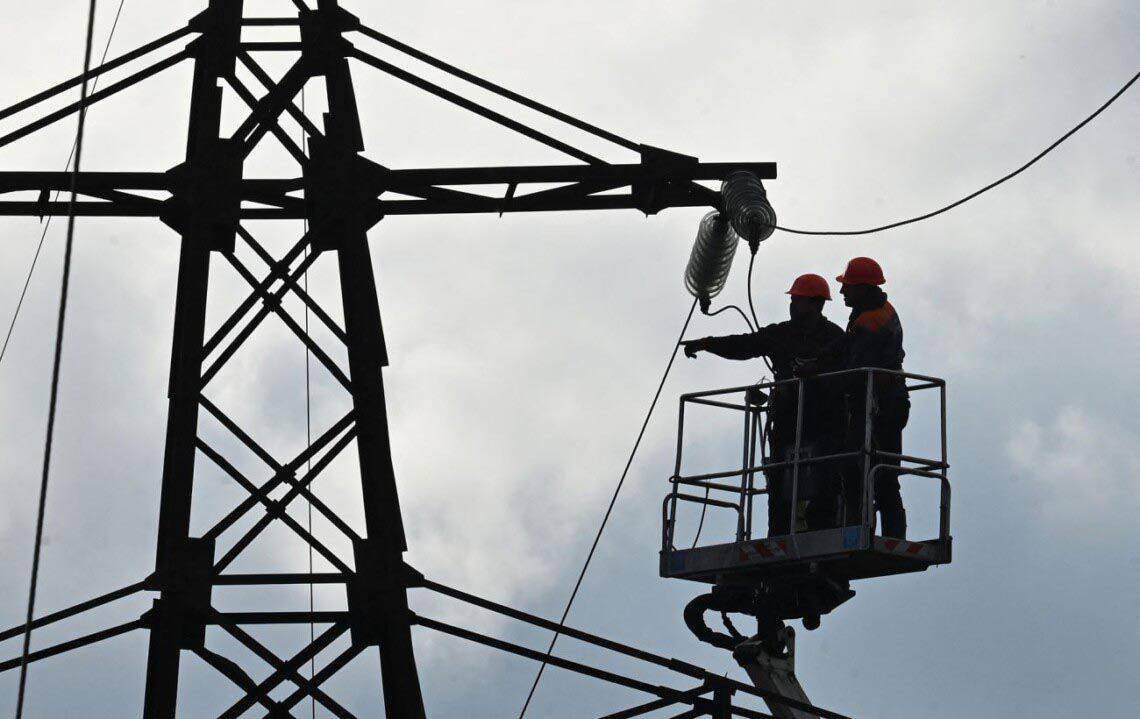The European Bank for Reconstruction and Development (EBRD) will provide Nova Poshta with a €70 million loan for expanding its delivery services.
According to the bank's press service, the EBRD is lending €70 million to the postal operator Nova Poshta to finance its investment programme for 2024.
Arvid Tuerkner, EBRD Managing Director for Ukraine and Moldova, stated that the loan will support the implementation of the company's long-term development strategy, which includes transforming its customer service model, and will also help ensure the safety of employees and clients during the war.
“We are supporting our longstanding client Nova Post in a project that will bring many benefits beyond purely commercial ones, such as enhanced safety, veterans reintegration and expansion of training opportunities for women. This is the type of project Ukraine needs the most during the ongoing war,” said Nandita Parshad, Managing Director of the EBRD’s Sustainable Infrastructure Group.
The EBRD financing can be provided in either hryvnias or euros and is accompanied by a first loss coverage guarantee, which covers 10% of the EBRD loan amount and is provided under the Ukraine Municipal Infrastructure and Industrial Resilience Investment Programme (UIF MIIR).
Petro Fokov, Chief Financial Officer of Nova Group, noted that the funds are being raised on favorable terms and in amounts that most Ukrainian banks would not be able to offer.
Russia’s invasion of Ukraine in 2022 initially hit Ukraine’s postal and delivery sector hard, but the parcel segment recovered quickly as people and businesses resumed their business activity. Nova Post has played a leading role in this recovery and now seeks to expand, which would in turn support the economic activity of small firms across the country.
The company plans to support further growth in the courier and express delivery segment, as well as parcel delivery, by increasing its network of self-service kiosks by 25% and operating them 24/7, upgrading hundreds of postal branches and terminals, expanding its branch network, and building over 600 "safety capsules" and shelters at its facilities across the country.





















